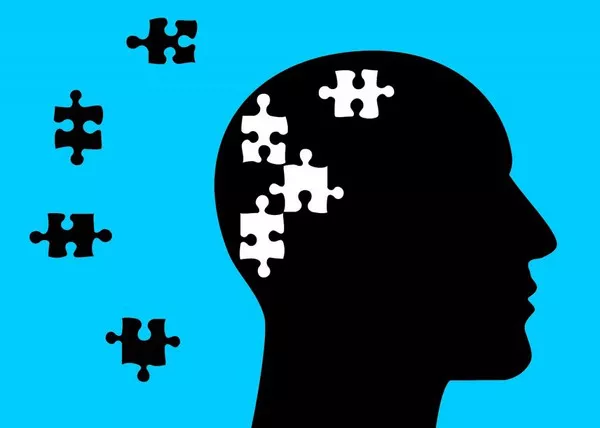The connection between mental illness and aggressive behavior is a topic that sparks curiosity and concern among many individuals. While mental health conditions are diverse and complex, it’s important to approach this topic with sensitivity and a commitment to accurate understanding. In this article, we’ll explore the relationship between mental illness and aggressive tendencies, shed light on specific conditions that might contribute to such behaviors, and emphasize the significance of seeking professional help and support for both individuals affected and society at large.
The Complexity of Mental Illness
1. Diverse Range of Conditions
Mental illness encompasses a wide spectrum of disorders, each with its own set of symptoms, causes, and manifestations. It’s crucial to avoid generalizations and oversimplifications when discussing the connection between mental health and aggressive behavior.
2. Multifaceted Factors
Mental health conditions can be influenced by genetic, environmental, biological, and psychological factors. Aggressive behavior is not a defining trait of mental illness, but certain conditions might present an increased risk.
Aggressive Behavior and Mental Health
1. Not Inherent to Mental Illness
It’s important to clarify that aggressive behavior is not inherent to mental illness. While some individuals with specific conditions may exhibit aggressive tendencies, the majority of people with mental health challenges do not pose a threat to others.
2. Understanding Aggression
Aggressive behavior can stem from various factors, including frustration, anger, poor coping skills, trauma, and environmental influences. Mental health conditions may interact with these factors, intensifying aggression in some cases.
Specific Mental Health Conditions and Aggression
1. Intermittent Explosive Disorder (IED)
IED is a condition characterized by recurrent episodes of impulsive aggression, often out of proportion to the situation. Individuals with IED may struggle to control their anger and lash out verbally or physically.
2. Conduct Disorder
Conduct Disorder typically emerges during childhood or adolescence and involves patterns of behavior that violate the rights of others and societal norms. Aggressive acts, such as physical fights, bullying, and cruelty to animals, may be present.
3. Antisocial Personality Disorder (ASPD)
ASPD is marked by a disregard for the rights of others and a lack of empathy. While not all individuals with ASPD engage in physical violence, some may display aggressive behaviors as part of their pattern of disregard for societal rules.
Seeking Professional Help
1. Importance of Diagnosis
If you or someone you know is struggling with mental health challenges, seeking a professional diagnosis is crucial. A qualified mental health professional can assess symptoms, provide accurate information, and recommend appropriate interventions.
2. Treatment Options
Effective treatment plans for aggressive behavior associated with mental illness often involve therapy, medication, and coping skills training. Therapy can help individuals understand triggers, develop healthy coping mechanisms, and manage emotions.
Prevention and Support
1. Early Intervention
Early intervention is key to addressing aggressive tendencies linked to mental health conditions. Identifying signs of aggression in children and adolescents and providing support can prevent escalation.
2. Community Resources
Communities play a pivotal role in supporting individuals with mental health challenges. Access to mental health services, crisis hotlines, and educational resources contributes to early intervention and prevention.
Addressing the Stigma
1. Reducing Misconceptions
It’s essential to address the stigma associated with mental illness and aggression. Misconceptions and stereotypes can perpetuate fear and misinformation, hindering understanding and support.
2. Spreading Awareness
Raising awareness about the complexities of mental health, the range of conditions, and available resources can foster empathy, reduce stigma, and promote compassion towards individuals facing challenges.
Conclusion
In conclusion, the relationship between mental illness and aggressive behavior is multifaceted and nuanced. While some mental health conditions may contribute to aggressive tendencies, it’s important to remember that the majority of individuals with mental illnesses do not exhibit harmful behavior towards others. Seeking professional help, understanding the diverse range of mental health conditions, and fostering a supportive and empathetic community are crucial steps towards addressing the intersection of mental health and aggression. By approaching this topic with sensitivity and accurate information, we can contribute to a more inclusive and informed dialogue that benefits individuals, families, and society as a whole.


